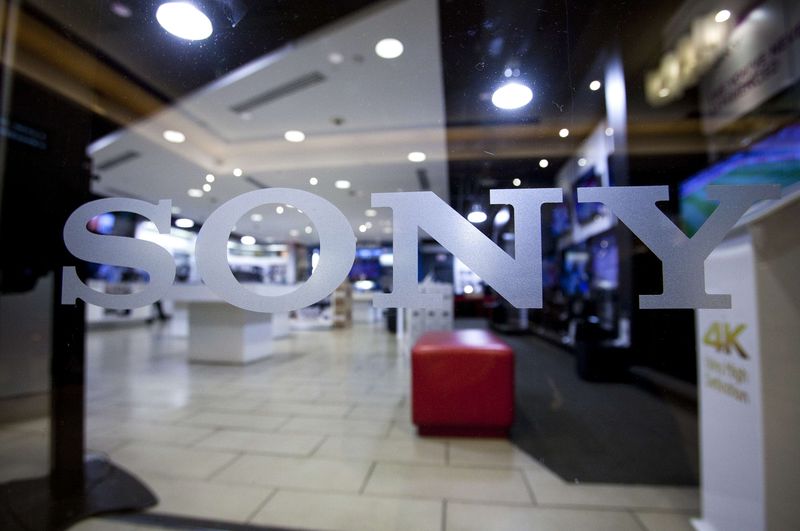This post was originally published on this site
https://i-invdn-com.investing.com/news/LYNXMPEB0R0A9_M.jpg
Investing.com – Sony Corp. ‘s (T:6758) shares plunged over 10% on Wednesday after rival Microsoft Corporation (NASDAQ:MSFT) acquired developer Activision Blizzard Inc (NASDAQ:ATVI) in a record $68.7 billion deal.
The company’s Tokyo shares tumbled 10.22% to JPY12,775 ($111.41) by 11:58 PM ET (4:58 AM GMT).
Sony (NYSE:SONY)’s PlayStation is widely perceived as having a lead in the generational battle against Microsoft’s Xbox. However, the acquisition of Activision, the maker of the “Call of Duty” video game, will boost Microsoft’s aggressive expansion of its Game Pass subscription service.
Sony has strengthened its network of in-house games studios in recent years, the result of which was multiple exclusive hits such as the “Spider-man” franchise. This had left Microsoft struggling to keep up.
However, “Sony will have a monumental challenge on its hand to stand its own in this war of attrition,” Asymmetric Advisors market strategist Amir Anvarzadeh, warned in a note.
In a sign that it is adapting to the latest trends, Sony has been exploring virtual reality and announced a few teaser details of its next-generation headset earlier in the month. But other market players, such as Facebook (NASDAQ:FB) owner Meta Platforms, are already a step ahead by investing in the metaverse.
Meanwhile, with PlayStation a major source of revenue for Activision, this could make any potential attempts by Microsoft to remove titles from Sony’s system a complex undertaking.
Some industry observers believe operability across multiple platforms is critical to a successful metaverse, which enables users to game, shop, and work freely.
Ever-advancing cloud technology is also weakening the appeal of the bulky gaming hardware that had thus far been Sony and Microsoft’s bread-and-butter.
“If Microsoft continues to provide these games to the PlayStation platform as well, that will indicate that it may be positioning itself for metaverse in the long-term,” Jefferies analyst Atul Goyal wrote in a client note.


